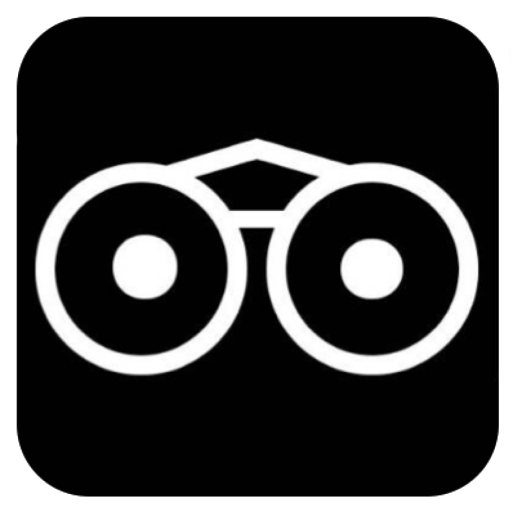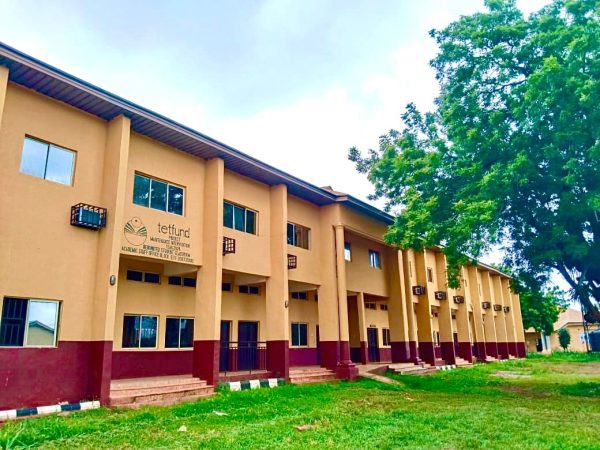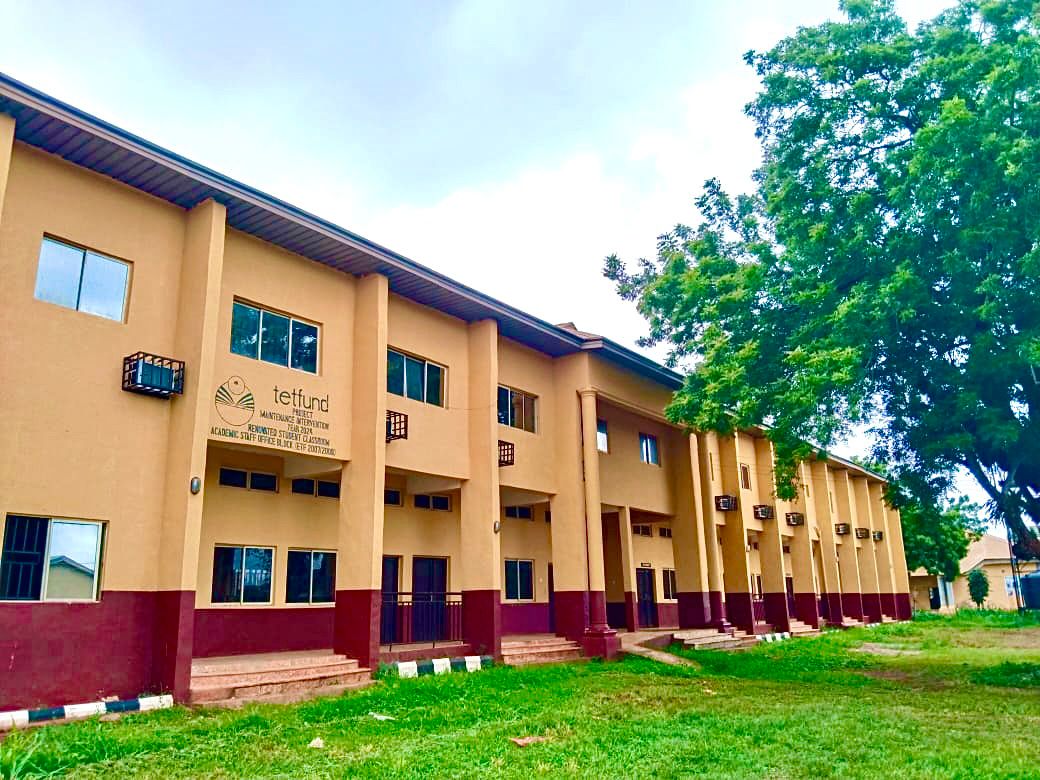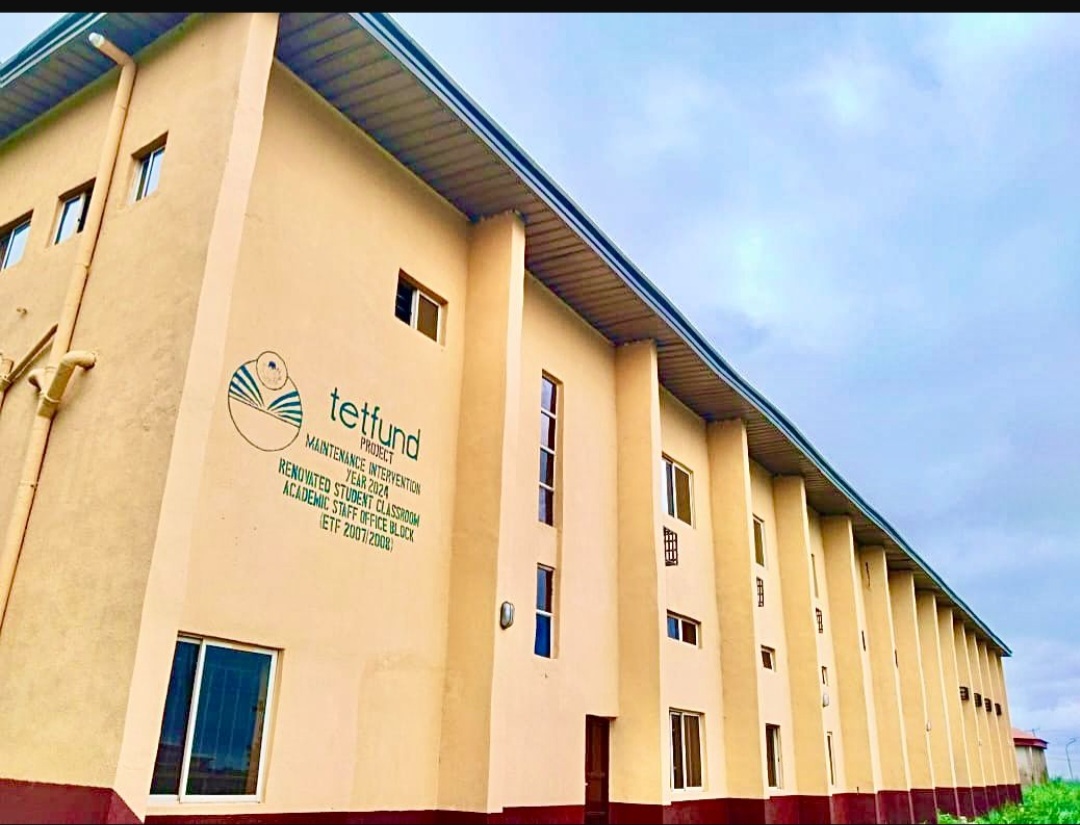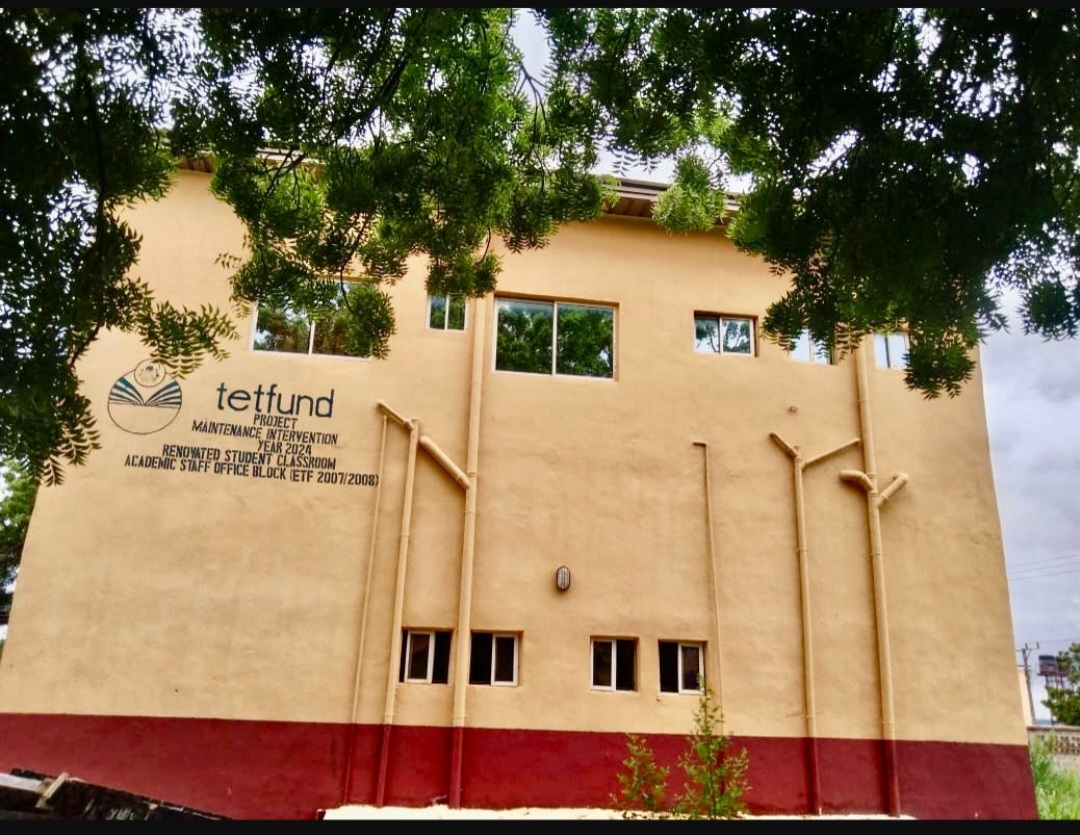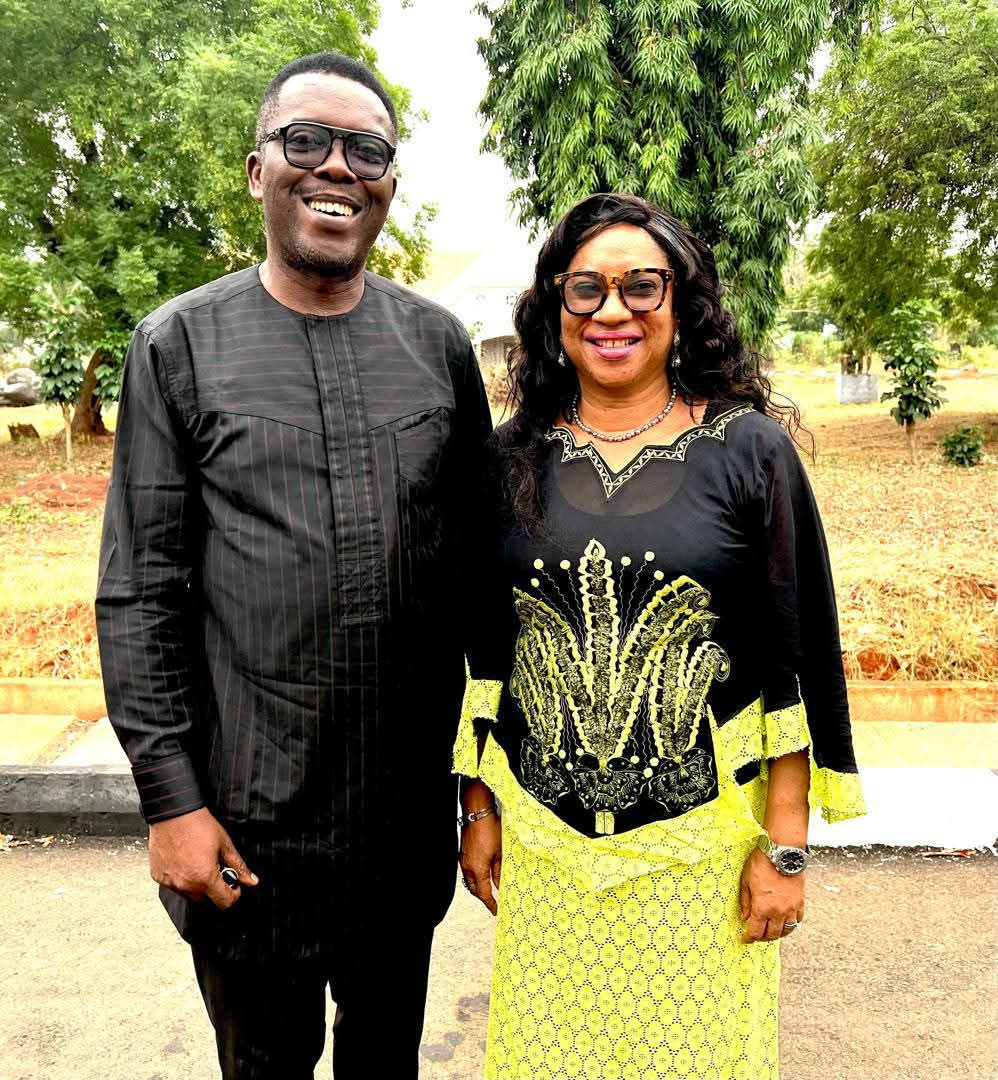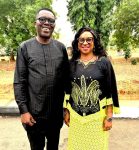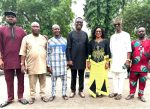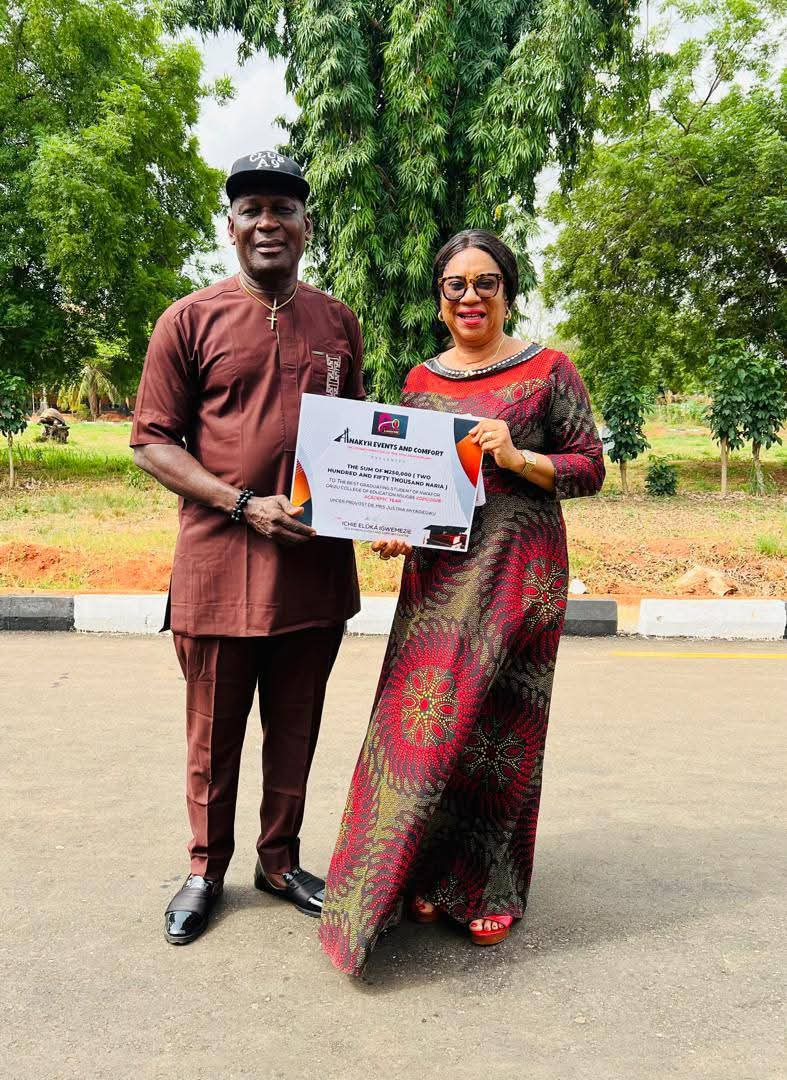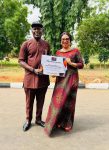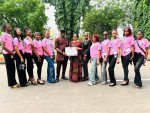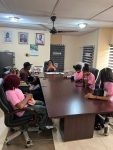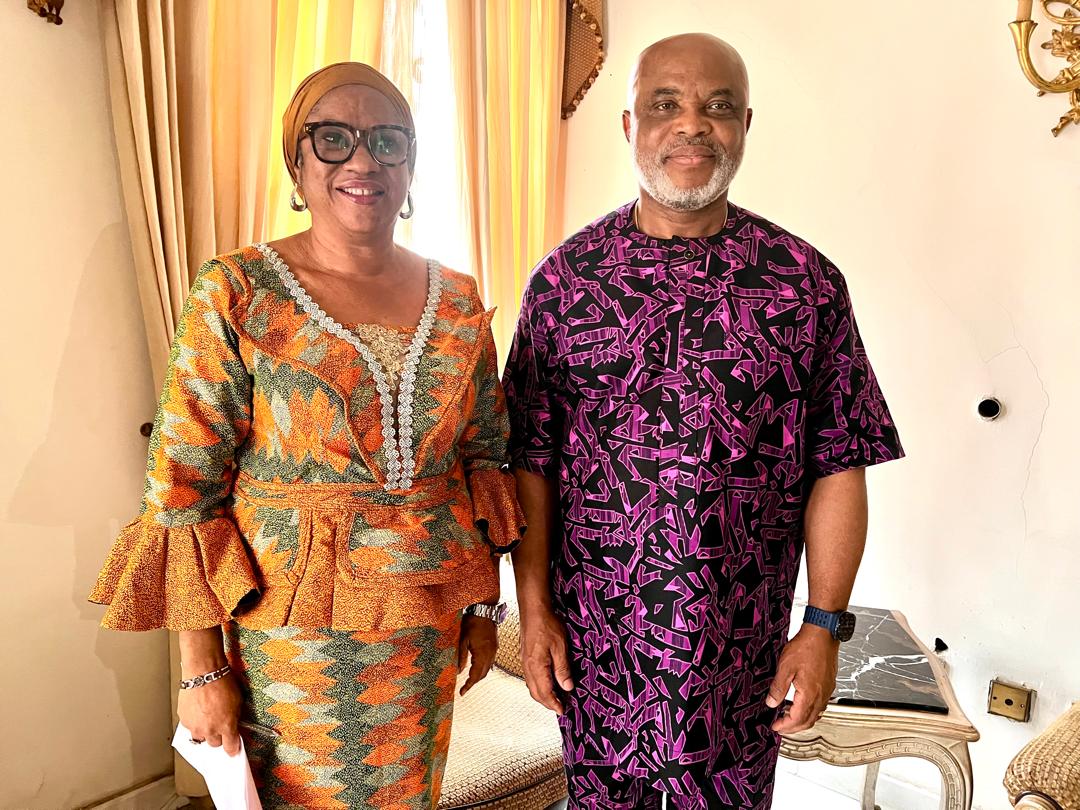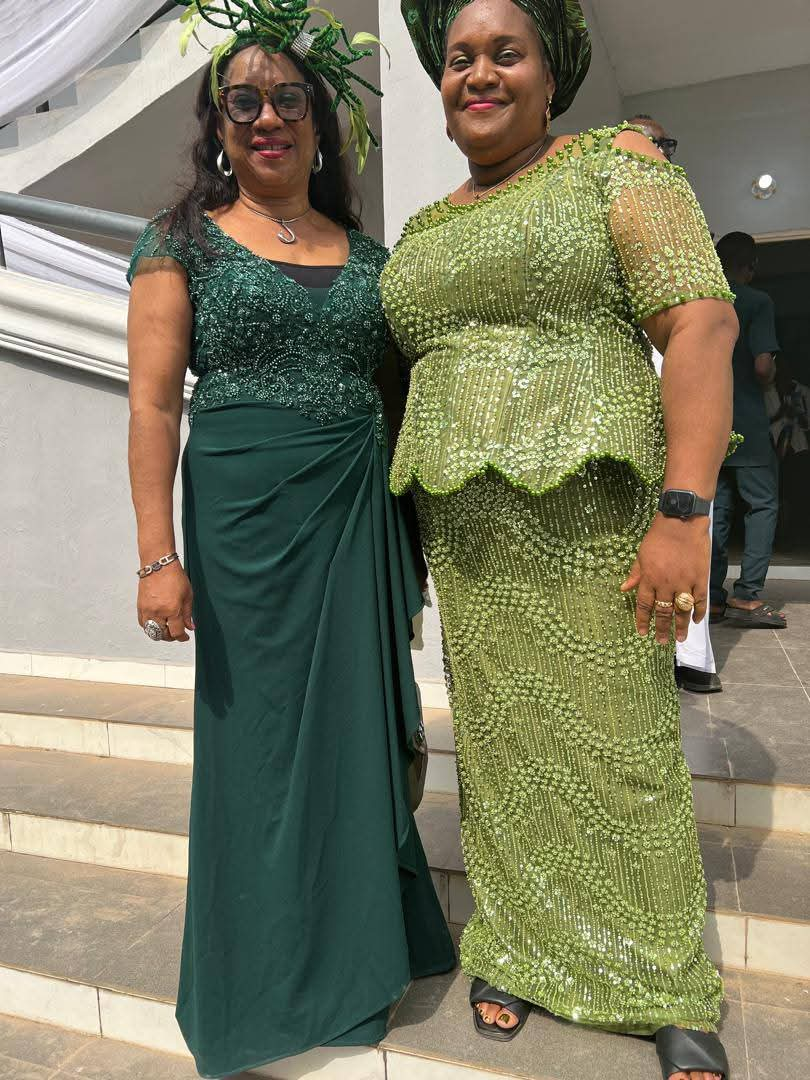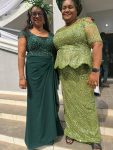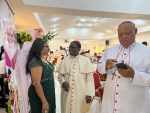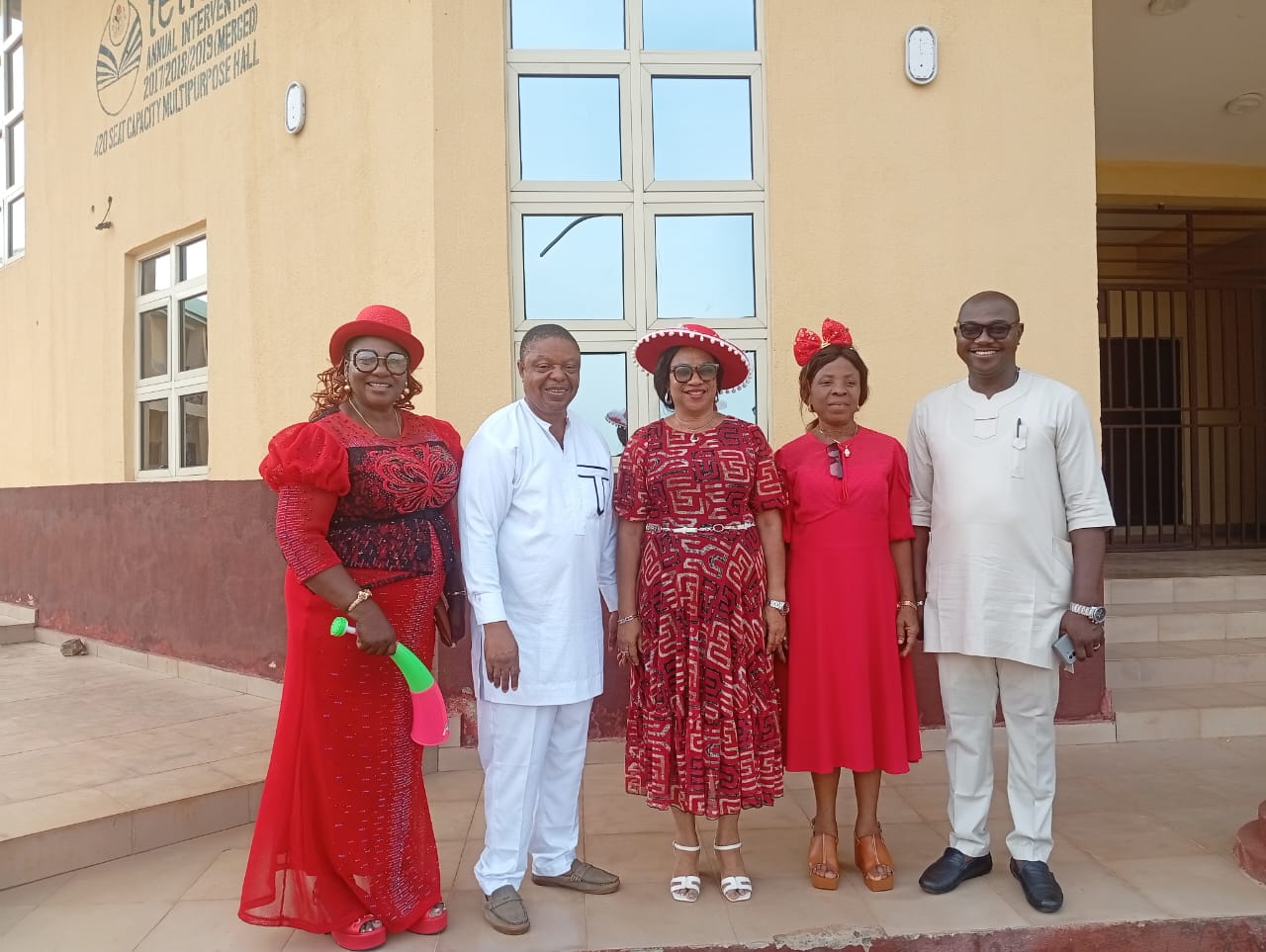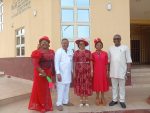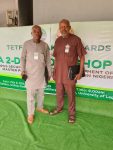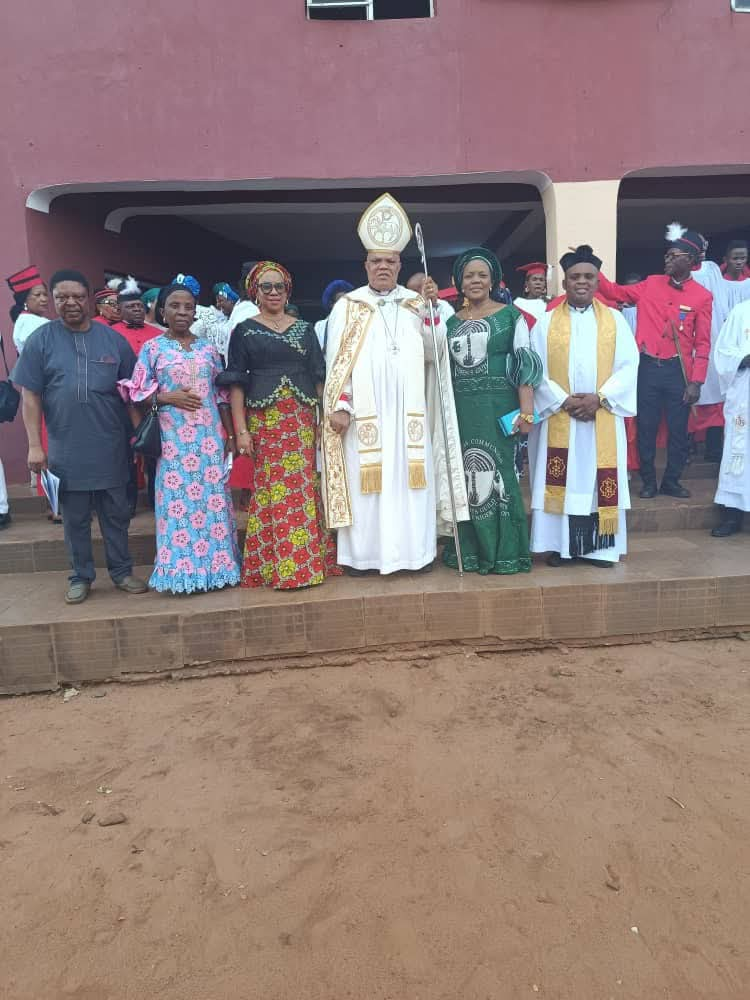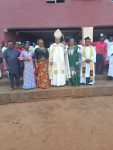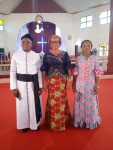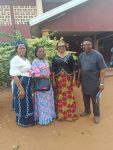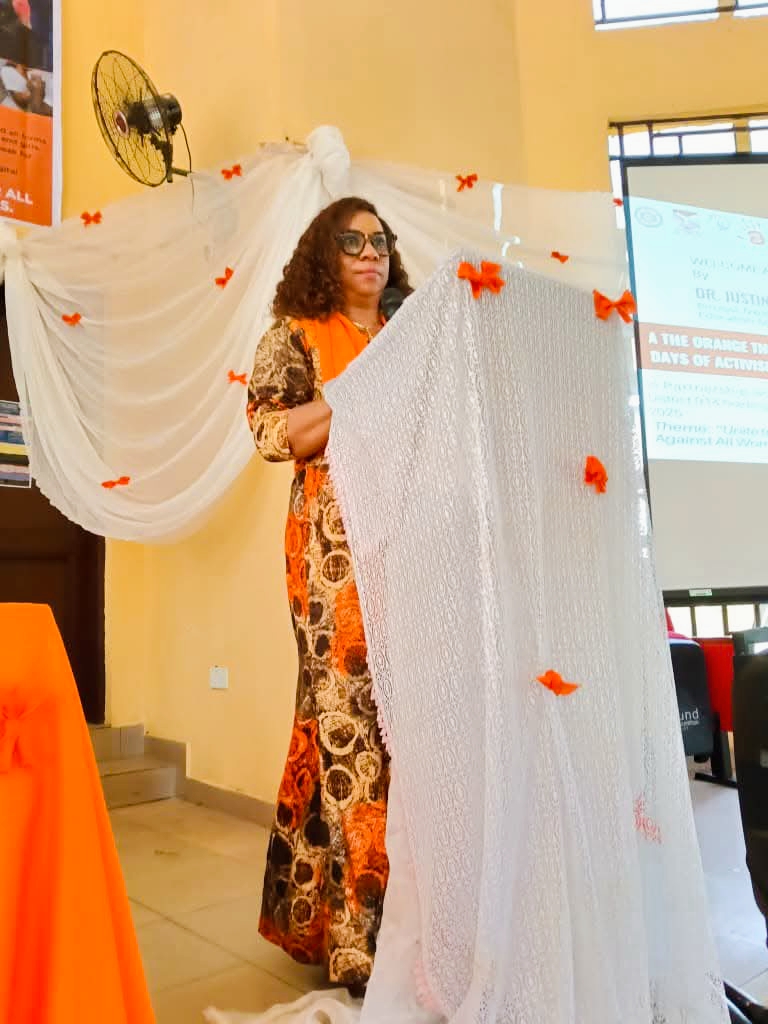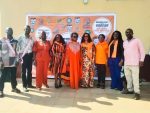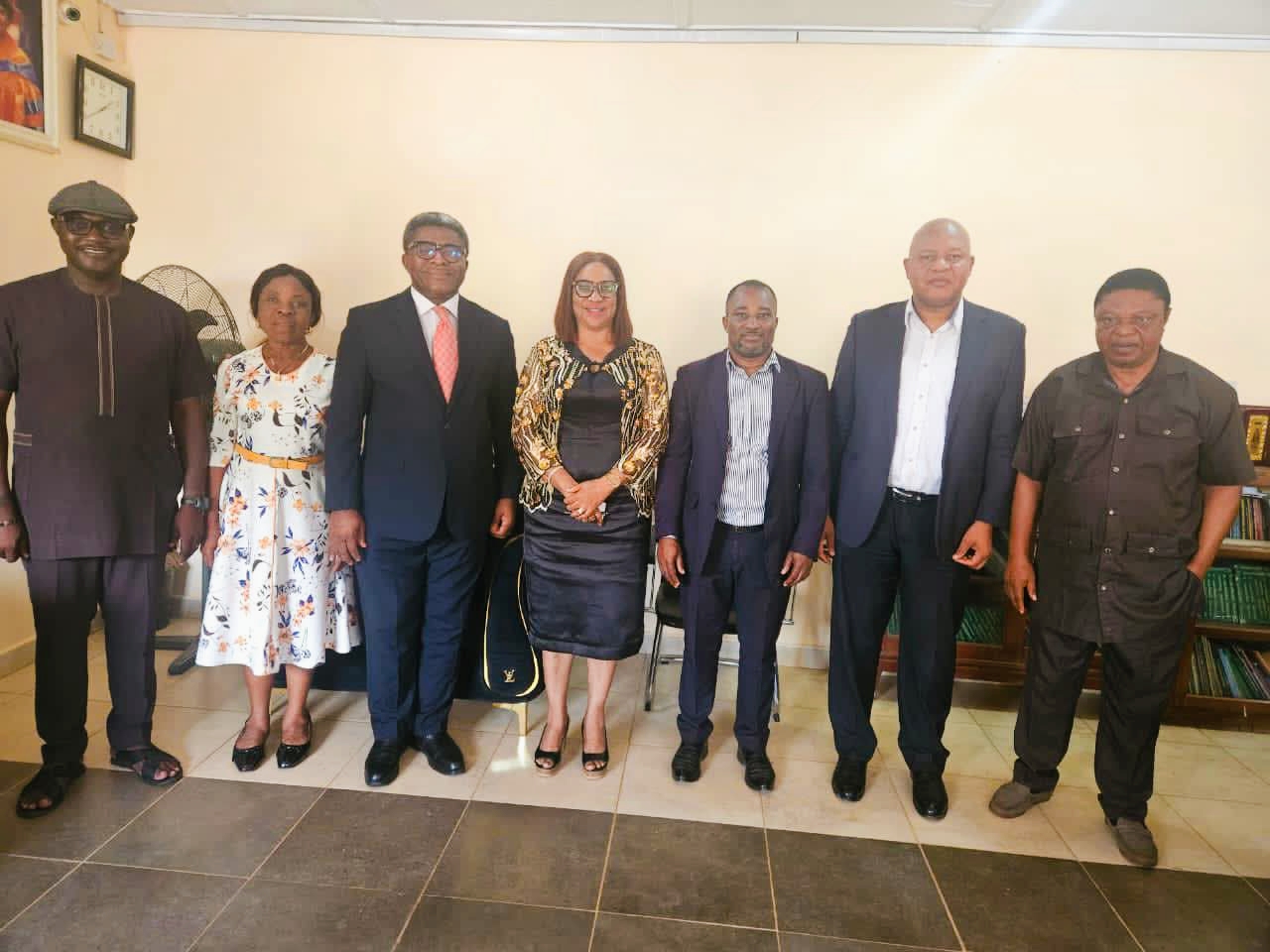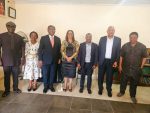Hi 👋 , welcome to;
The School of Early Childhood Care and Primary Education at Nwafor Orizu College of Education, Nsugbe (NOCEN) is a foundational pillar of the college’s teacher education programme. Dedicated to training professional educators for Nigeria’s basic education system, the school focuses on developing competent, compassionate, and well-equipped teachers who can nurture young minds during their most formative years.
It caters to students pursuing the Nigeria Certificate in Education (NCE) in Early Childhood Care Education (ECCE) and Primary Education Studies (PES), and in some cases, Bachelor of Education (B.Ed.) degrees through affiliated university programmes.
Purpose and Function
The school was established to:
Train qualified early childhood and primary school teachers who understand the developmental needs of children aged 0–12.
Equip educators with practical teaching strategies tailored to young learners.
Promote best practices in child-centered learning, inclusive education, classroom management, and basic literacy/numeracy instruction.
Support Nigeria’s Universal Basic Education (UBE) goals through the production of quality manpower for foundational education.
Departments
The School houses two main departments:
1. Early Childhood Care Education (ECCE)
Focuses on child development, care, early learning environments, and play-based education from ages 0–5.
Prepares educators for nurseries, daycare centers, and pre-primary classes.
2. Primary Education Studies (PES)
Trains teachers for primary school classes (Primary 1–6).
Covers pedagogy in core subjects such as English, Mathematics, Science, Social Studies, and Civic Education.
Facilities and Learning Environment
To support its teaching objectives, the school boasts:
Well-equipped demonstration classrooms for practical teaching experience.
Child psychology and curriculum laboratories for research and training.
Access to instructional materials, storybooks, flashcards, charts, and audiovisual tools used in early education.
A friendly, nurturing academic environment that mirrors the sensitivity needed to teach young learners.
Academic and Professional Development
Students in the school gain:
Theoretical grounding in child development and educational psychology.
Hands-on teaching practice through microteaching and the Teaching Practice Exercise (TP).
Training in lesson planning, phonics, numeracy techniques, inclusive education, and child protection principles.
Opportunities to specialize or progress to higher degrees in Early Childhood or Primary Education.
Community Impact and National Relevance
Graduates of this school go on to:
Serve as teachers in nurseries, primary schools, and low-resource rural areas.
Work with non-governmental and government agencies focusing on child education and development.
Contribute to the improvement of basic education quality in Nigeria, especially in underserved communities.
Raise the standard of teaching in foundational education, which is crucial for lifelong learning success.
Conclusion
The School of Early Childhood Care and Primary Education, NOCEN, stands at the heart of building Nigeria’s educational future. By training teachers who understand the value of early learning and foundational literacy, the school plays a vital role in shaping the next generation. Its graduates leave not only with certificates but with the skills, values, and passion to educate children in a way that inspires lifelong learning.
School of early childhood care and primary education
ECCE LIBRARY
PED LIBRARY
PED CLASS ROOM 1 AND 2
1. Study Child Development and Teaching Methods
Students are trained in:
– Child psychology, learning stages, emotional and social development.
– Curriculum planning, classroom routines, and teaching strategies for reading, writing, and basic numeracy.
2. Engage in Practical Teaching
They participate in:
– Supervised microteaching sessions and practicum exercises in nursery and primary school environments.
– Development of teaching aids and storytelling techniques to engage young learners.
3. Develop Early Literacy and Caregiving Skills
Through coursework and field experience, students learn:
– Techniques for early literacy, numeracy, and creative expression.
– Safety, health, nutrition, and caregiving practices that support holistic child development.
 Page Looksograph
Page Looksograph
Want a page like this? Click the black button below & let the Vicilook Team help you set it up in minutes.

